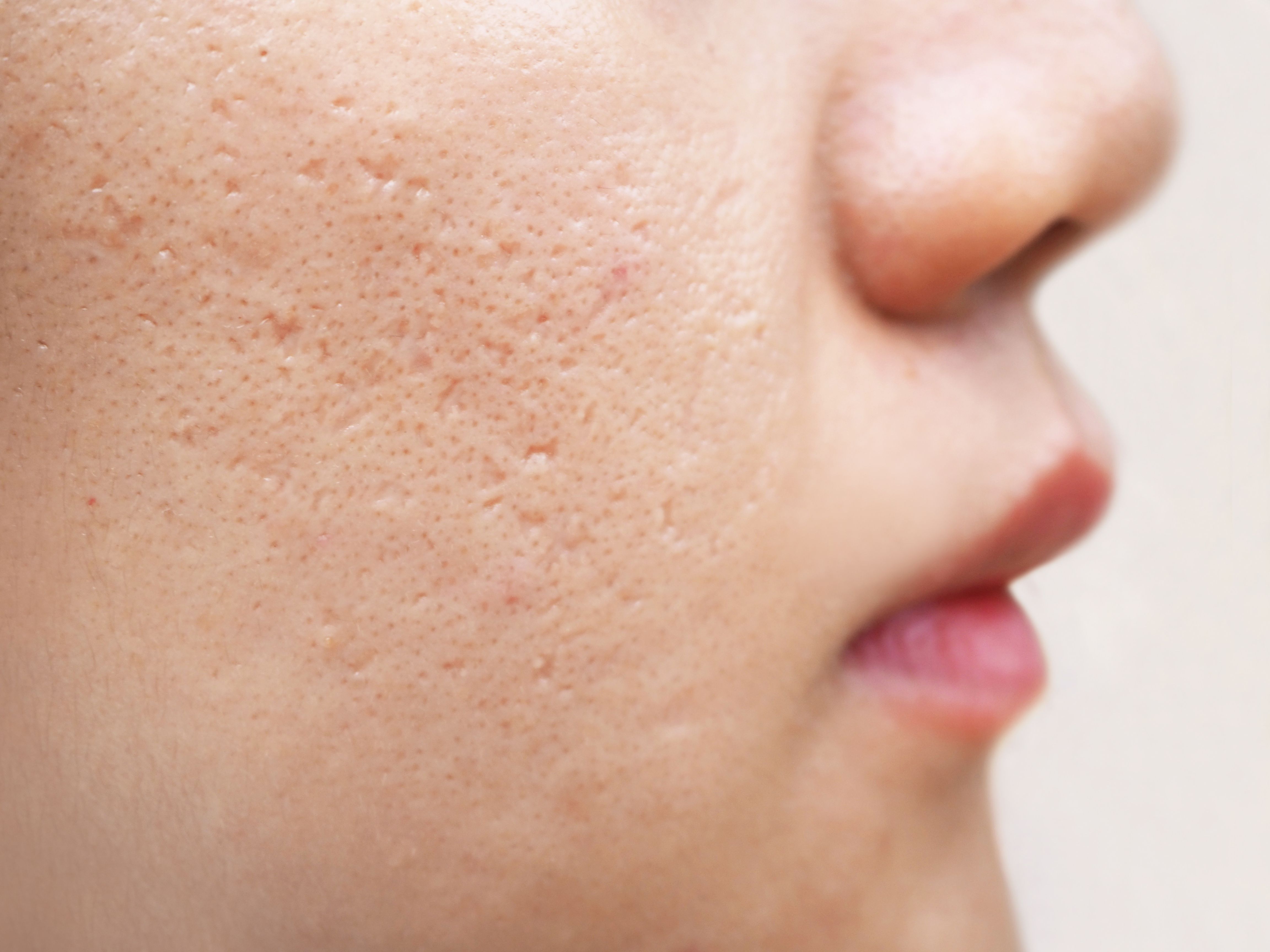- Case-Based Roundtable
- General Dermatology
- Eczema
- Chronic Hand Eczema
- Alopecia
- Aesthetics
- Vitiligo
- COVID-19
- Actinic Keratosis
- Precision Medicine and Biologics
- Rare Disease
- Wound Care
- Rosacea
- Psoriasis
- Psoriatic Arthritis
- Atopic Dermatitis
- Melasma
- NP and PA
- Skin Cancer
- Hidradenitis Suppurativa
- Drug Watch
- Pigmentary Disorders
- Acne
- Pediatric Dermatology
- Practice Management
- Prurigo Nodularis
- Buy-and-Bill
Article
Skin cancer & aging: Elderly patients need special consideration, but same choices
Author(s):
All patients should receive equal treatment for skin cancer, but there are important considerations when treating the elderly.

Key Points
Columbia, Mo. - Skin cancers can occur at almost any time during a person's life, but is there a difference between treating a young adult versus an older person? According to one expert, whether caring for skin cancers in elderly patients or young patients, the medical procedures used to treat them are essentially the same.
"There are no distinct differences (between young and older patients) when it comes to determining a course of treatment for skin cancer," says Nicholas J. Golda, M.D., assistant professor, department of dermatology, University of Missouri, Columbia, Mo.
"We should treat everyone as if they were that young, vibrant person who has a long life to live. Just because they are older doesn't mean they're not concerned about cure rates or their cosmetic outcome.
Clinical assessment
The difference between younger patients and older patients, however, can become apparent during the clinical assessment.
"Older patients tend to be on more medications," Dr. Golda says. "And they tend to be on blood thinners like aspirin, Coumadin (warfarin, Bristol-Myers Squibb) and Plavix (clopidogrel, Bristol-Myers Squibb/Sanofi), so the risk of bleeding complications is potentially higher in seniors."
Dermatologists should be sure to check the international normalized ratio (INR) in patients taking Coumadin before doing surgery to make sure that it's appropriate for the condition that is being treated with the Coumadin.
"For the most part," Dr. Golda adds, "we should be able to keep bleeding under control in patients taking these medications with selective use of cautery and other procedures to reduce the risk of bleeding complications."
Determining best course
Another distinction in some elderly patients, particularly those who are hard of hearing or who may have some form of dementia, is that they may need a family member present to take notes or to lend a second set of ears.
In some cases, the patient may have a healthcare power of attorney that can ensure that the patient's best interests are being met.
"That's really the core of medicine," Dr. Golda says.
"We want to make sure that we're doing the best thing possible for the patient. Each patient has his or her own set of issues, fears, potential complications and goals.
"Some of these patients may have lived a life where they aggressively pursued any illness that they had. In these cases, a family member might say, 'We need to do everything we can for grandpa,' even though he is demented or in his eighth decade of life.
"If the patient is unable to decide, the loved one may help them make the decision about treatment," Dr. Golda says.
Additionally, an elderly patient with skin cancer might choose a less aggressive treatment option and opt for using a topical cream, while a younger person with skin cancer, who has 60 or more years ahead of him, will prefer a more aggressive treatment option that provides a higher cure rate.
"We need to help guide the elderly patient by describing how aggressive their skin cancer may be, and provide information about what the science and literature have substantiated about the various treatments available," he says.






